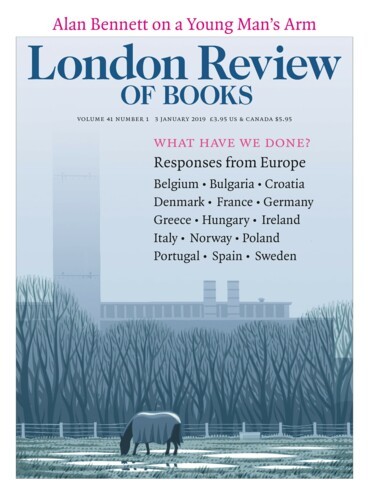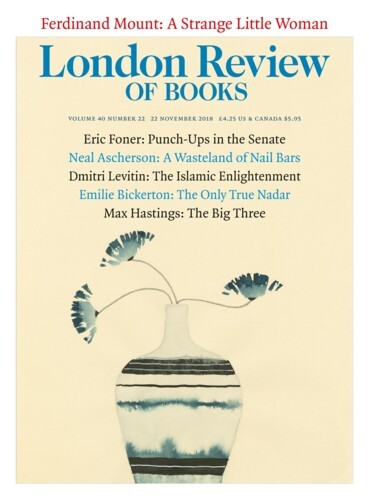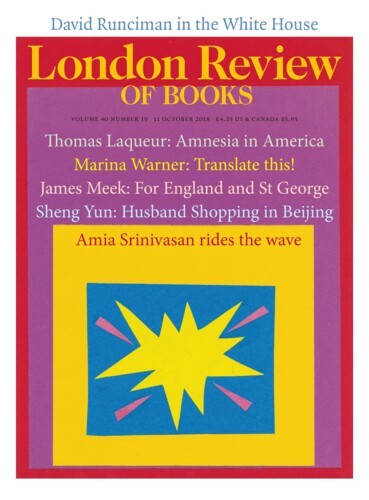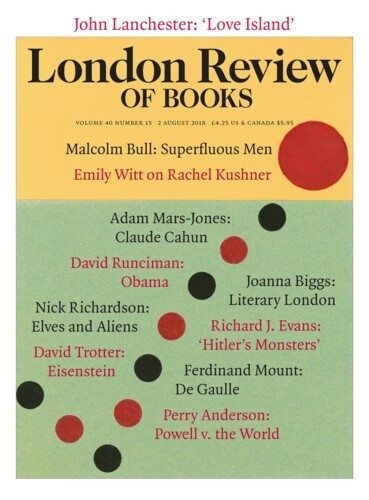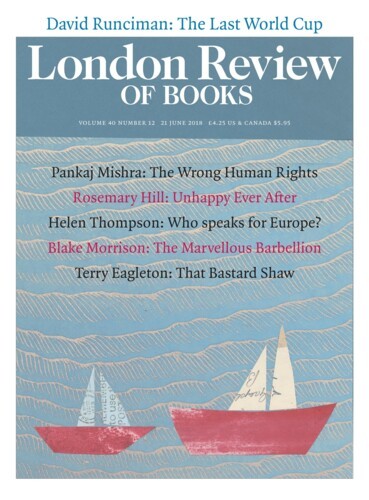Which way to the exit? The Brexit Puzzle
David Runciman, 3 January 2019
Here in microcosm is the essence of the Brexit puzzle and the reason it is proving such a nightmare to resolve: are we stuck because we are so divided or are we so divided because we are stuck? The various political mechanisms we have for getting out of this impasse seem inadequate to the task of bridging so many fundamental differences of opinion, yet those differences are being exacerbated by the mechanisms at work. It should in theory be possible to secure parliamentary approval for the sort of compromise deal that May has been working to achieve, given that hardline Brexiteers ought to prefer it to the prospect of not leaving the EU at all, and Remainers should prefer it to the prospect of leaving with no deal. Yet both sides seem united only by their loathing of the sort of compromise May’s deal represents.
